Last Updated on November 14, 2025 by Rachel Hall
- How the Dating App Swipe Culture Killed Modern Romance (And What It Means for Every Date)
- The Dating App Takeover: How It All Started
- 1. The Paradox of Choice Is Destroying Commitment
- H2: 2. Gamification Has Turned Love into a Slot Machine
- 3. Profiles Promote Performance, Not Authenticity
- 4. Casual Dating Culture Undermines Romantic Intentions
- 5. Real-Life Chemistry Has Been Digitally Replaced
- 6. Love Lives Are Now Built on Paywalls and Platforms
- 7. The Emotional Impact: Loneliness, Frustration, and Burnout
- How to Reclaim Romance in the Real World
- Final Thoughts: Is Romance Really Dead?
How the Dating App Swipe Culture Killed Modern Romance (And What It Means for Every Date)
In the golden age of tech, we were promised love on demand. A simple swipe, a charming profile, and suddenly — your soulmate, just one tap away. But over a decade into the era of the dating app, it’s becoming painfully clear: these platforms may have killed romance more than they’ve created it.
This article reveals how apps like Tinder and Hinge have transformed our emotional lives, reshaped expectations, and quietly drained the magic out of modern relationships. Backed by psychology, real-world data, and user behaviour, this is everything your heart (and search history) has been trying to figure out.
The Dating App Takeover: How It All Started
The concept of the dating app exploded with Tinder in 2012, but its roots go back to websites like Match.com and OkCupid. With smartphones came unmatched (pun intended) accessibility. Suddenly, anyone could scroll through hundreds of potential partners during a coffee break or from bed.
Today, platforms like Bumble, Hinge, and even Grindr cater to every niche — from the mainstream to the queercommunity. The initial goal seemed noble: help people connect, meet someone, and perhaps even find love. But what began as empowerment quickly evolved into a market driven by metrics, swipes, and endless conversation loops that rarely led to meaningful romantic relationships.
1. The Paradox of Choice Is Destroying Commitment
Apps Offer Endless Options But Less Satisfaction
Ever matched with someone and felt bored before the first message? That’s the paradox of choice in action.
With an endless stream of options, people start to value quantity over quality. The more profiles we see, the harder it becomes to make a decision. What if there’s someone better one swipe away? This gamble erodes commitment before it even begins.
On these apps, the fear of settling paralyses people. Instead of giving a connection the time to grow, users abandon it at the first sign of imperfection. This is where modern romance is faltering — not because people don’t want to love, but because they’re overwhelmed by options and underwhelmed by depth.
H2: 2. Gamification Has Turned Love into a Slot Machine
If you think Tinder feels like a game, that’s because it is.
Dating apps deliberately mimic the mechanics of a slot machine. Each swipe is a pull of the lever. Each match is a dopamine hit. It’s designed to be addictive, not effective.
Rather than fostering emotional investment, apps encourage quick hits of validation. The goal is no longer to commit, but to get that tiny rush of being wanted. This cheapens dating and creates a user base more focused on winning than forming authentic romantic bonds.
3. Profiles Promote Performance, Not Authenticity
On a dating app, your profile isn’t you — it’s your advertisement.
People now invest more in curating an appealing aesthetic than in cultivating emotional availability. Filters, bios, witty one-liners — they create personas optimised for engagement, not for connection.
This leads to disappointment during a first date, when the real person doesn’t live up to the virtual brand. Worse still, it conditions users to treat people like commodities — another symptom of love’s digital demise.
4. Casual Dating Culture Undermines Romantic Intentions
Despite their promises to help you find love, these apps have become breeding grounds for casual dating and non-committal flings.
Many users report cycles of ghosting, breadcrumbing, and superficial chats that never move offline. Hook-up culture has become dominant, especially on platforms like Tinder and Grindr, where emotional intimacy is often replaced by sex as the end goal.
While casual encounters aren’t inherently bad, the issue is that apps make it hard to escape this cycle. People seeking real romantic relationships are often drowned out by a loud culture of immediacy and low emotional stakes.
5. Real-Life Chemistry Has Been Digitally Replaced
Before apps, people met through mutual friends, at work, or through hobbies. These environments allowed for shared context, emotional build-up, and slow, natural attraction. Today, online dating shortcuts this process — but it also shortcuts romance.
Many report feeling more emotionally fulfilled in spontaneous offline moments — a smile from a stranger, a deep chat at a party, or a shared interest during a workshop.
That kind of spark is rare in an algorithm. No matter how smart the tech gets, it can’t simulate the serendipity of real life. It can’t tell you how someone makes you laugh, or if their presence calms your nervous system.
6. Love Lives Are Now Built on Paywalls and Platforms
Here’s something few talk about: dating platforms are not designed to help you log off.
The more time you spend on them, the more money they make. Many hide their best features — like seeing who liked you — behind a paywall. This business model thrives not when you find love, but when you keep searching.
As a result, your love life becomes a subscription. Your connection is commodified. And the idea of a meaningful, long-term partnership becomes an uphill battle against a system that profits from keeping you single.
7. The Emotional Impact: Loneliness, Frustration, and Burnout
Perhaps the most damaging outcome is the emotional toll on users. Studies show that online dating often leaves people feeling more lonely, anxious, and frustrated than before.
The expectation of instant intimacy — followed by disappointment when real-world chemistry doesn’t align — can breed cynicism. Even people in a couple may continue using apps, unsure how to fully disengage from the gamified loop.
This constant cycle of matching, messaging, and being ghosted contributes to emotional exhaustion — a silent epidemic in today’s dating landscape.
How to Reclaim Romance in the Real World
Despite everything, it’s not too late to revive romance — you just need to be intentional. Here’s how:
- Unplug from the apps – Even temporarily, give yourself space to recalibrate.
- Reconnect with real-life environments – Join clubs, attend meet-ups, volunteer.
- Practise presence – When you talk to someone, put the phone down and truly listen.
- Focus on depth, not quantity – A few solid connections beat 100 matches.
- Reflect on your values – Ask yourself: am I looking to date or to impress?
Final Thoughts: Is Romance Really Dead?
No, romance isn’t dead — but dating apps killed romance in the way we once knew it. Love hasn’t disappeared, but it has been distorted by digital systems optimised for engagement, not connection.
If we want meaningful love again, we must be brave enough to step outside the algorithm. To embrace messiness. To risk rejection. To seek not perfection, but a real, vulnerable, lasting connection.
In other words: log off, look up, and let love happen where it always has — in the beautiful unpredictability of real life.

Rachel Hall, M.A., completed her education in English at the University of Pennsylvania and received her master’s degree in family therapy from Northern Washington University. She has been actively involved in the treatment of anxiety disorders, depression, OCD, and coping with life changes and traumatic events for both families and individual clients for over a decade. Her areas of expertise include narrative therapy, cognitive behavioral therapy, and therapy for traumatic cases. In addition, Rachel conducts workshops focusing on the psychology of positive thinking and coping skills for both parents and teens. She has also authored numerous articles on the topics of mental health, stress, family dynamics and parenting.

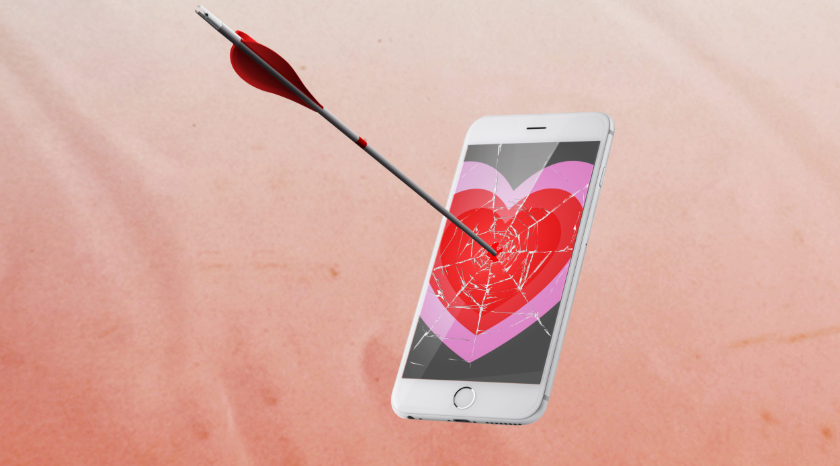
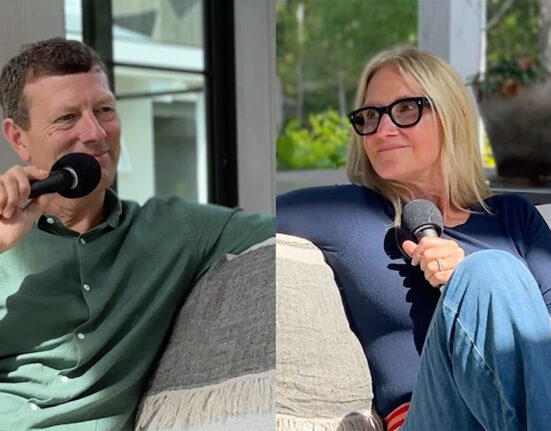

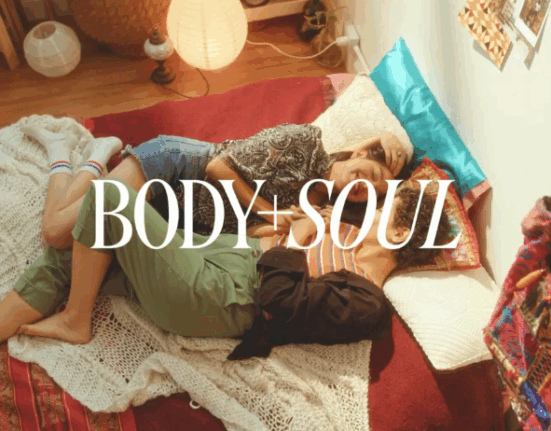
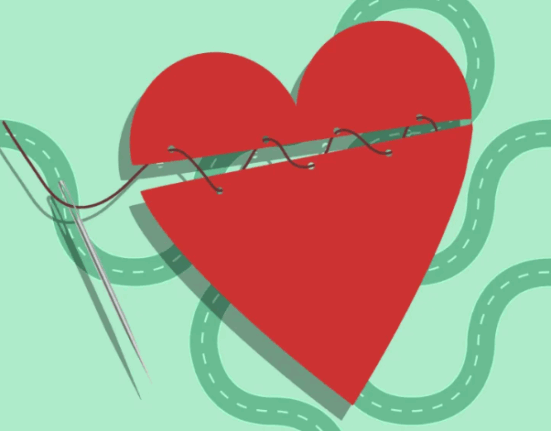
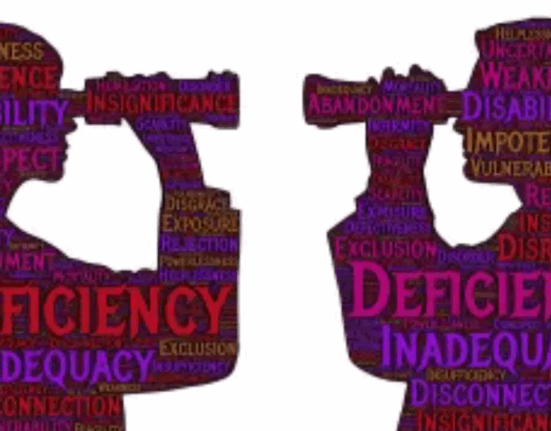
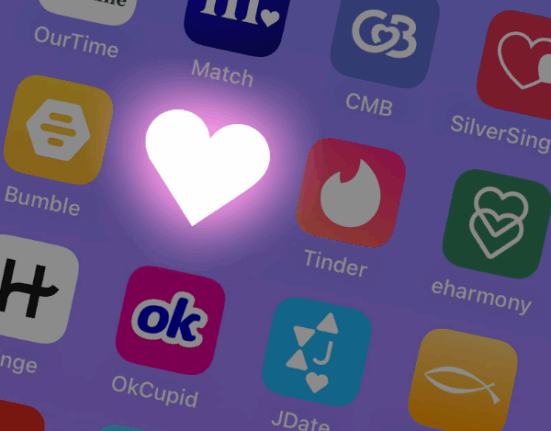
Leave feedback about this